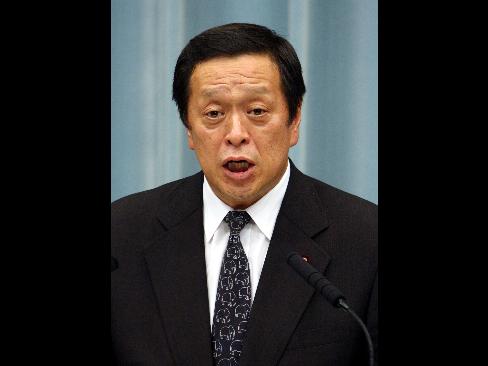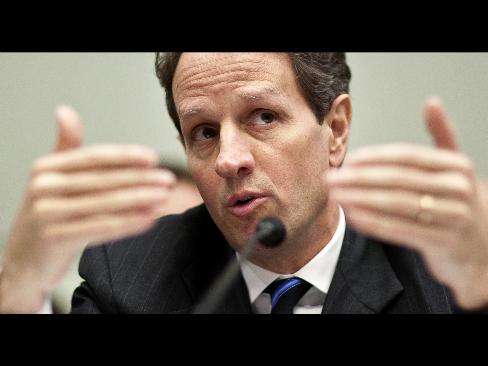– Straight from the teapot, a golden anti-cancer brew (Daily Mail):
Teapots could be used to brew ‘golden’ anti-cancer drugs, scientists believe. Researchers have used a pot of Darjeeling to turn gold salts into tiny particles of gold, capable of easing their way into cancerous cells. The golden nanoparticles, each thousands of times smaller than the width of a human hair, could be used to zap tumours, the U.S. researchers say.
– “Reclusive” Ex-CIA Contractor Killed on Loudoun County Trail (NBC):
A man killed while apparently exercising with his wife on a trail in Loudoun County over the weekend had worked for the CIA until 2000, sources said. Early Sunday morning, deputies found William Bennett’s body in a grassy area next to Riverside Parkway in the Lansdowne area. His wife, Cynthia Bennett, was found injured nearby. She was airlifted to an area hospital, where she remains in critical condition, unable to talk.
– Police raid home of Wikileaks.de domain owner over censorship lists (WikiLeaks)
– Double atomic bomb survivor found in Japan (Telegraph):
A 93-year-old Japanese man has become the first person to be officially recognised as a survivor of both atomic bombs dropped on Japan by the United States at the end of the Second World War.
– Oxford pupils to text school nurse for morning-after pill (Times Online):
Schoolgirls will be able to request the morning-after pill by text message to their school nurse as part of a scheme being introduced this year.
– Police uncover ‘Aladdin’s cave of criminality’ (Independent):
A police raid on three safe deposit vaults in salubrious London neighbourhoods has uncovered an “Aladdin’s cave of criminality” including ivory smuggling, child pornography and murder that has sparked more than 1,000 inquiries around the world, Scotland Yard has said.
– Czech Government’s Collapse Hits the EU (TIME)
– Czech Republic joins East Europe’s falling dominoes (Times):
The economic crisis sweeping Central and Eastern Europe has claimed a third victim in a month after the Czech government lost a vote of no confidence on Tuesday night in a drama that risks setting off a fresh round of investor flight from the region.
– Fears of unrest in eastern Europe grow as Czech government collapses (Independent):
The collapse of the Czech government sent shivers through financial markets in eastern Europe yesterday fanning fears about the growing political unrest that appears to be sweeping through the EU’s eastern fringes.
– Russia ‘Concerned’ About Safety of Pakistan’s Nuclear Arsenal (Bloomberg)
– US willing to look at China currency proposal (Financial Times):
“It’s been a tough few weeks for Mr Geithner, but if there is a lesson from today, it is that the dollar is on thin ice and any loose talk will be quickly punished,” said Chris Turner, a strategist at ING Capital Markets.
– UN urges $1,000bn for developing world (Financial Times):
Ban Ki-moon, United Nations secretary-general, on Wednesday called on Group of 20 leaders to support a $1,000bn stimulus package for developing countries threatened by the global financial crisis.
Read moreGlobal News (03/25/09)













